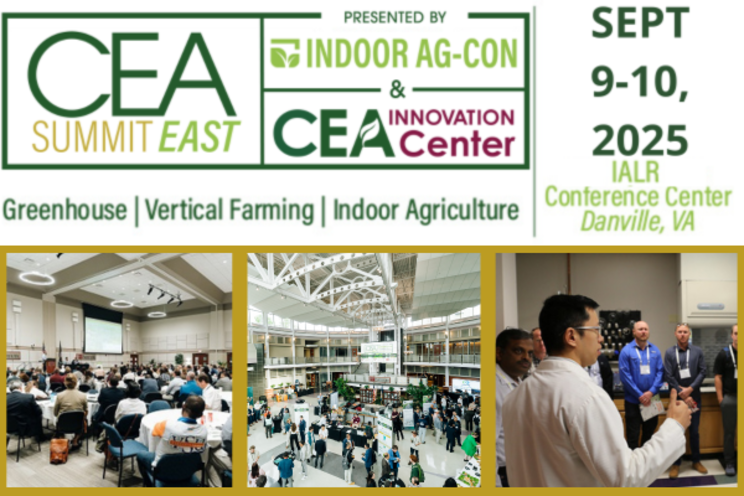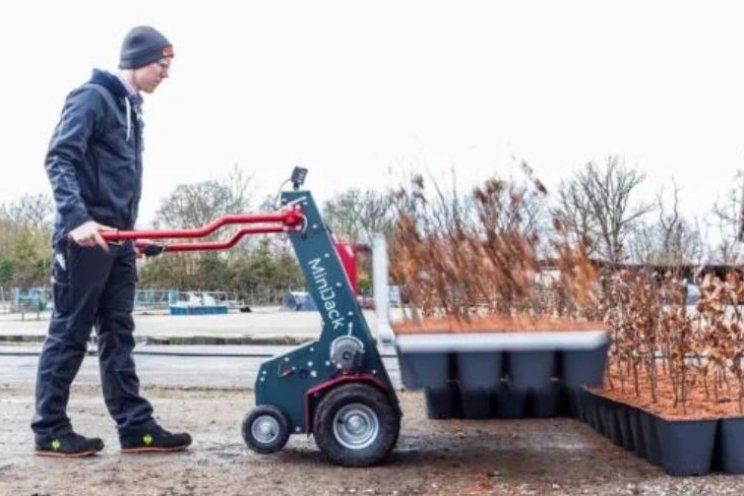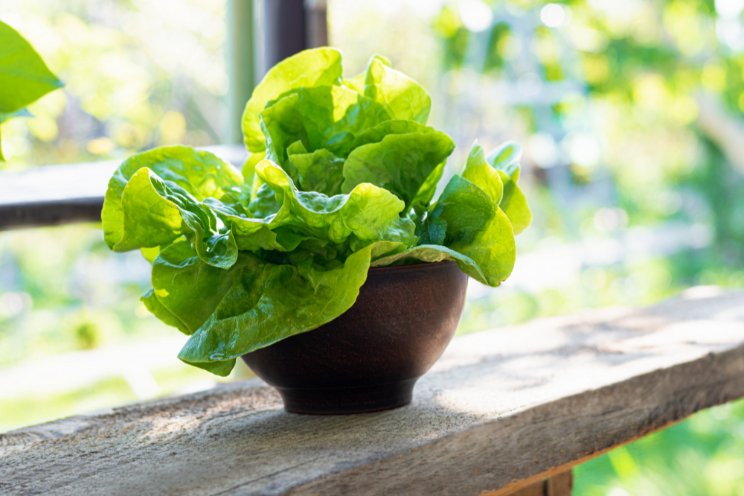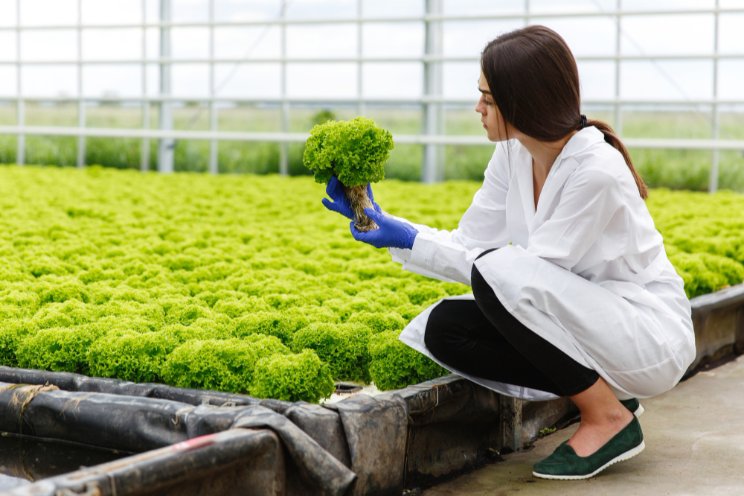Vertical farming companies grow more than salad ingredients
Added on 05 April 2022
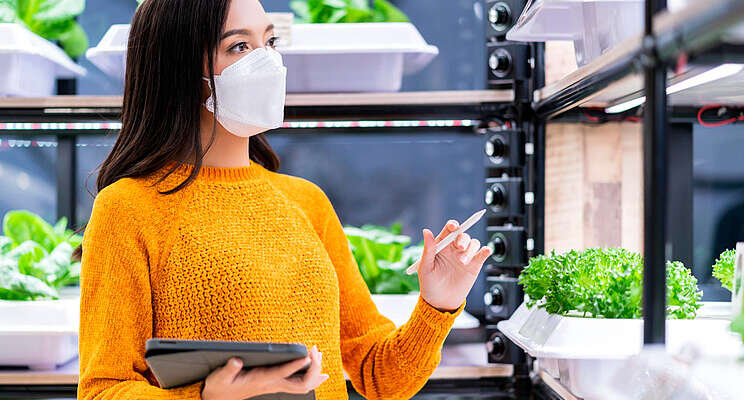
Customers can buy these berries in New York City at some gourmet grocers. Plenty, one of Bowery's vertical farming competitors, displayed it is planning to build an indoor strawberry farm with Driscoll, a major berry grower, to serve retailers and customers in the Northeast. Their vertical farming rivals include PlantLab, AeroFarms, and BrightFarms.
A New Spin on Farming
Over the past 12 months, inflation increased food prices by 7.9%. The pandemic underscored the intricacies of the supply chain and stripped down some grocery shelves, according to the U.S. Bureau of Labor Statistics data. Russia's invasion of Ukraine emphasized the threat of depending on other countries to grow food. Produce in vertical farming uses less water and is pesticide-free, resulting in bigger yields. Since these vertical farms are near urban areas, consumers can eat high-quality produce quicker.
These farms account for a small percentage of the produce that Americans buy and eat; broccoli, sweet corn, lettuce, carrots, and tomatoes, according to the U.S. Department of Agriculture (USDA).
Vertical farming advocates see this as a more sustainable way to supply food in a growing population. While Walmart recently invested in Plenty vertical farming, it carries some of the Bowery leafy greens in its stores. The young industry already has buy-in from some of the biggest names in food.
Breaking Into Berries
The Bowery strawberries grow in vertical farming buildings resembling a combination of a large indoor garden and a science laboratory where agriculture specialists dressed in laboratory coats, hairnets, and booties check their crops. The whirring ventilation, bright lights, and intricate watering systems help create a stable growing environment in vertical farming even when summer temperatures blaze or sleet and snow fall.
The Bowery research and development vertical farming site in New Jersey is in Kearney, 11 miles west of New York City. In addition, they have another vertical farming site in Nottingham, Maryland, and three commercial farms underway in Bethlehem, Pennsylvania, Dallas, and Atlanta.
Photo created by Lifestylememory - www.freepik.com
Source: Liberty Voice
More news


